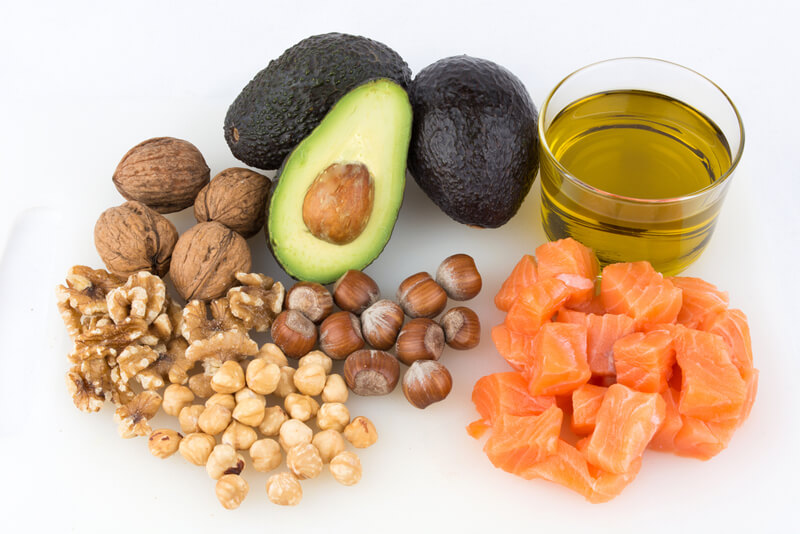Eat Fats to Burn Fat


Fat is not something to avoid. It is essential for providing energy, protecting organs, maintaining cell membranes and helps the body absorb and process nutrients. Even better, it helps the body ‘burn’ fat.
The body needs three macronutrients for energy: carbohydrates, protein, and fat. A gram of fat packs more than twice the energy of a gram of the other two – ‘When you don’t have any fat in your diet, its like you don’t have fuel to burn calories’. The body requires energy to keep its metabolism properly functioning. A study published in the American Journal of Clinical Nutrition found that consuming fatty acids could boost metabolic health.
Now, before you grab any greasy, deep fried, fatty foods thinking that these foods full of fat are good for you, consider this: the types of fatty foods that you choose to eat can result in the difference between a toned up, trimmed body or one plagued with obesity and disease.
What to eat & what to avoid when adding fat to your diet
What to eat
Unsaturated Fatty Acids: consisting of both monounsaturated fatty acids (MUFAs) and polyunsaturated fatty acids (PUFAs) are both beneficial to your health and help you achieve weight loss by providing energy to burn calories. MUFAs are found in foods such as, vegetable oil, nuts, peanut butter, seeds, olives and avocadoes, while PUFAs are found in vegetable oil, fish and seafood. These MUFAs and PUFAs also help promote lower levels of cholesterol by removing ‘bad’ cholesterol from your arteries to be broken down. A healthy level of these MUFA’s and PUFA’s can protect against heart attacks and stroke, as well as providing energy for your body to burn fat.
What to eat in moderation
Saturated Fatty Acids are found primarily in foods from animal sources such as meat & dairy products, such as butter and cheese. Some vegetable oils also contain saturated fats. Eat these fats in moderation and in limited amounts as part of a healthy diet (try to consume healthier sources, e.g. grass fed beef rather than popcorn popped in oil). Eating too much saturated fat can contribute to an increase in cholesterol and can contribute to a build up of plaque in your arteries, increasing the chance of heart attacks & strokes.
What to avoid
Trans Fatty Acids: Chemically processed vegetable oils used in some margarine, fried food & processed foods to enhance flavor, texture & shelf life should be avoided at all costs due to dramatic increase in cardiovascular diseases if consumed frequently, e.g. heart attack and stroke.
Conclusion
Fats contribute a lot of energy to the burning of calories
Introduce unsaturated fats into your diets
Eat saturated fats in moderation/limited amounts
Avoid Trans fats
Blog by Toby Lynes, Instructor and Personal Trainer
Sign up and get £10 OFF your first booking